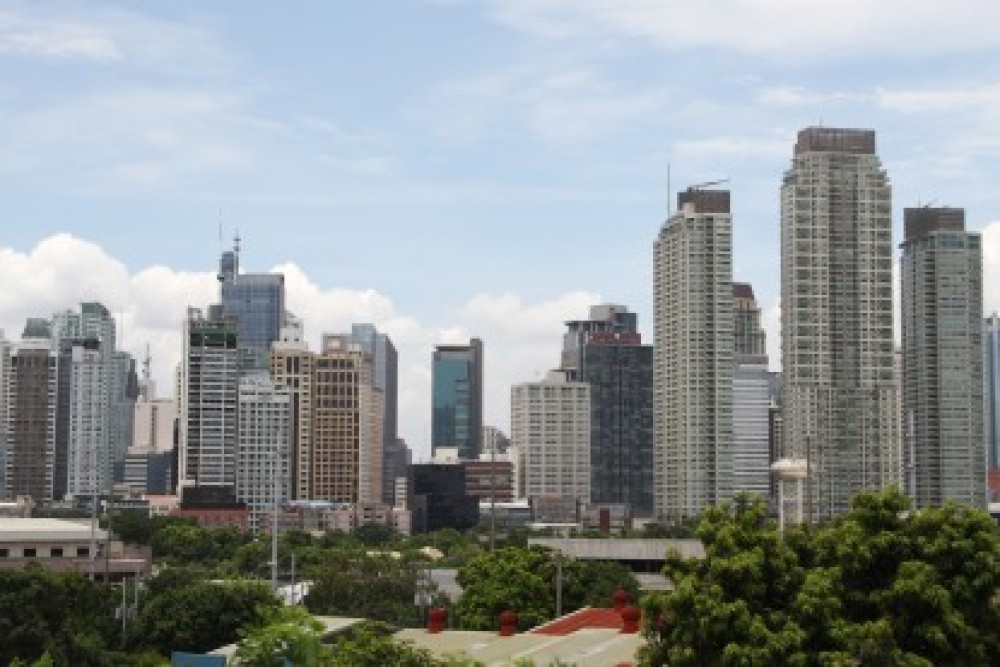German firms operating in the Philippines expect better business development over the next 12 months, the AHK World Business Outlook Survey Result Spring 2025 showed.
In the latest survey, 65 percent of the respondents said they expect better development in their businesses in the Philippines in the coming year. This is higher from the 60 percent result of the previous Fall 2024 survey.
The Spring 2025 survey was conducted among more than 130 companies related to German-Philippines business relations from March 17 to April 11, 2025.
The survey captured the business sentiment over the United States reciprocal tariffs, which was announced by Donald Trump on April 2.
Fifty-eight percent of the businesses said their current situation in the Philippines have improved, the same result in the last survey.
But more firms, at 11 percent, disclosed that they were in worse situation compared during the Spring 2025 survey. It was at 3 percent in the Fall 2024 poll.
“This continued confidence in the Philippine market reflects the deepening strength of German-Philippine business ties,” GPCCI Policy and Advocacy chairperson Marian Majer said in a statement Thursday.
“But with that optimism comes the clear need for policy consistency and regulatory stability to sustain momentum,” she added.
Among the biggest risks that German businesses expect in the next 12 months are economic policy conditions, demand, and price of raw materials.
German firms here also have their worries about the impacts of Trump’s reciprocal tariff that could lead to global recession.
Thirty-eight percent of companies said they see “no impact” on their businesses from US tariffs; 34 percent said the tariff policy will have “minor impact” to their firm; 17 percent said it has “major impact”; and 11 percent said it will have “positive impact” on their companies.
Positive impacts that they expect with the US trade policy are diversification of trade, alternative markets, and more trade possibilities for European Union and Southeast Asia.
On the other hand, negative impacts include increased competition, higher import costs, supply chain disruption, and product cancellation costs.
“The EU-Philippines Free Trade Agreement is poised to drive economic growth and enhance the business landscape in the Philippines,” GPCCI executive director Christopher Zimmer said.
“In the face of global trade realignments, the FTA can offer businesses from EU a timely opportunity to strengthen their supply chains, reduce exposure to external shocks, and plan more sustainably for the long term,” he added.
PNA PHOTO


